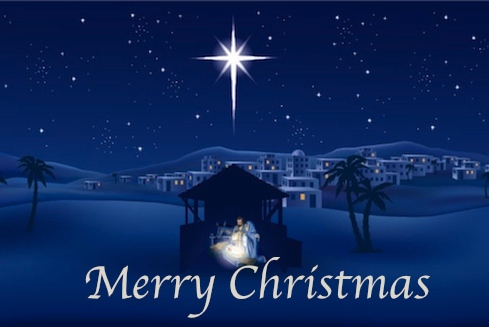 by William J. Tighe –
by William J. Tighe –
Many Christians think that Christians celebrate Christ’s birth on December 25th because the church fathers appropriated the date of a pagan festival. Almost no one minds, except for a few groups on the fringes of American Evangelicalism, who seem to think that this makes Christmas itself a pagan festival. But it is perhaps interesting to know that the choice of December 25th is the result of attempts among the earliest Christians to figure out the date of Jesus’ birth based on calendrical calculations that had nothing to do with pagan festivals.
Rather, the pagan festival of the “Birth of the Unconquered Son” instituted by the Roman Emperor Aurelian on 25 December 274, was almost certainly an attempt to create a pagan alternative to a date that was already of some significance to Roman Christians. Thus the “pagan origins of Christmas” is a myth without historical substance. [Read more…]

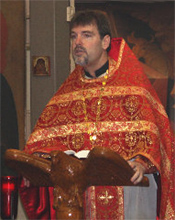
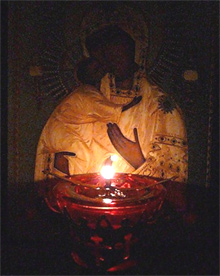 by Protodeacon Leonid Mickle –
by Protodeacon Leonid Mickle –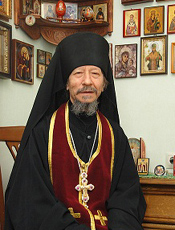
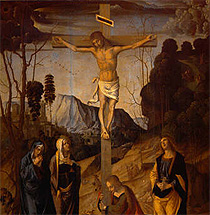 by Jennifer Viegas –
by Jennifer Viegas –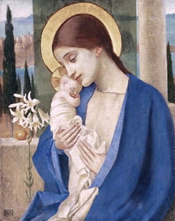 by Randy Sly –
by Randy Sly –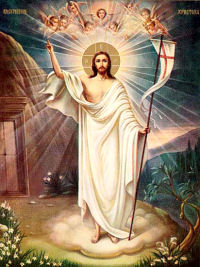
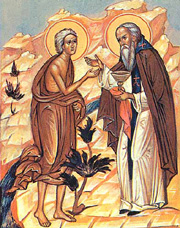 by Fr. Alexander Men –
by Fr. Alexander Men –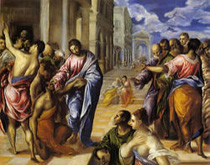 Catholic Online –
Catholic Online –